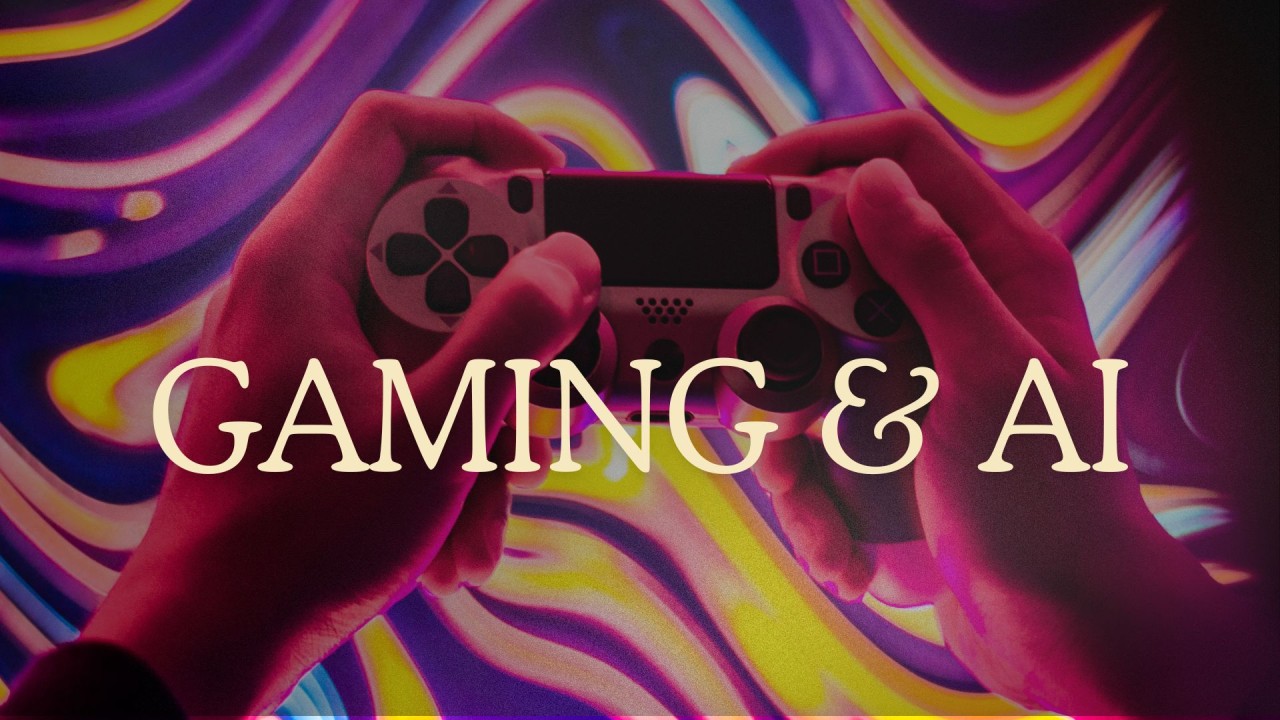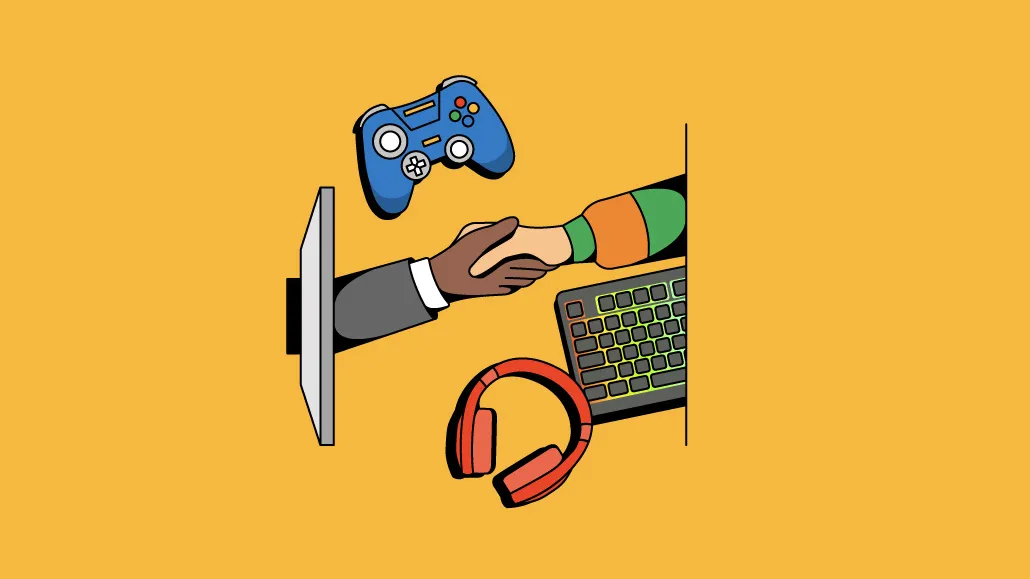Exploring the Impact: How Artificial Intelligence Is Revolutionizing the Gaming Industry
Artificial Intelligence (AI) has emerged as a transformative force across various sectors, and the gaming industry is no exception. From enhancing gameplay experiences to revolutionizing game development processes, AI is reshaping the landscape of gaming in profound ways. Here’s a closer look at how AI is changing the gaming industry:
- Personalized Gaming Experiences: AI-powered algorithms analyze player behavior and preferences to deliver personalized gaming experiences. By understanding individual player preferences, AI can dynamically adjust game mechanics, difficulty levels, and in-game content to provide tailored experiences that keep players engaged and immersed.
- Procedural Content Generation: AI algorithms are being used to generate vast amounts of procedural content, including game levels, environments, characters, and quests. This enables developers to create expansive and diverse gaming worlds quickly and efficiently, offering players endless opportunities for exploration and discovery.
- Advanced NPCs and Character Behavior: AI-driven non-player characters (NPCs) exhibit more lifelike behavior and intelligence, enhancing the overall immersion and realism of gaming experiences. NPCs can adapt to changing situations, interact with players in more meaningful ways, and even learn from their interactions to evolve over time.
- Realistic Graphics and Animation: AI technologies such as machine learning and neural networks are being leveraged to create hyper-realistic graphics and animation in games. From lifelike character models to dynamic lighting effects, AI enables developers to push the boundaries of visual fidelity, resulting in more immersive and visually stunning gaming experiences.
- Enhanced Game Design and Testing: AI algorithms aid game designers in optimizing game design elements such as level layouts, balance, and pacing. Additionally, AI-driven testing tools can identify bugs, glitches, and performance issues more efficiently, allowing developers to deliver more polished and bug-free games to players.
- Adaptive Difficulty and AI Opponents: AI-powered systems can dynamically adjust the difficulty of games based on player skill level and performance, ensuring that players are constantly challenged without becoming frustrated. AI opponents in multiplayer games can also adapt their strategies and tactics in real-time, providing more engaging and competitive gameplay experiences.
- Player Behavior Analysis and Fraud Detection: AI algorithms analyze player behavior patterns to detect cheating, fraud, and other malicious activities in online gaming environments. By identifying suspicious behavior in real-time, AI helps maintain fair and secure gaming ecosystems, preserving the integrity of online multiplayer experiences.
In conclusion, Artificial Intelligence is revolutionizing the gaming industry by enabling personalized experiences, procedural content generation, advanced NPC behavior, realistic graphics, enhanced game design, adaptive difficulty, and fraud detection. As AI continues to evolve and mature, its impact on gaming is expected to grow exponentially, shaping the future of interactive entertainment in profound and unprecedented ways.





